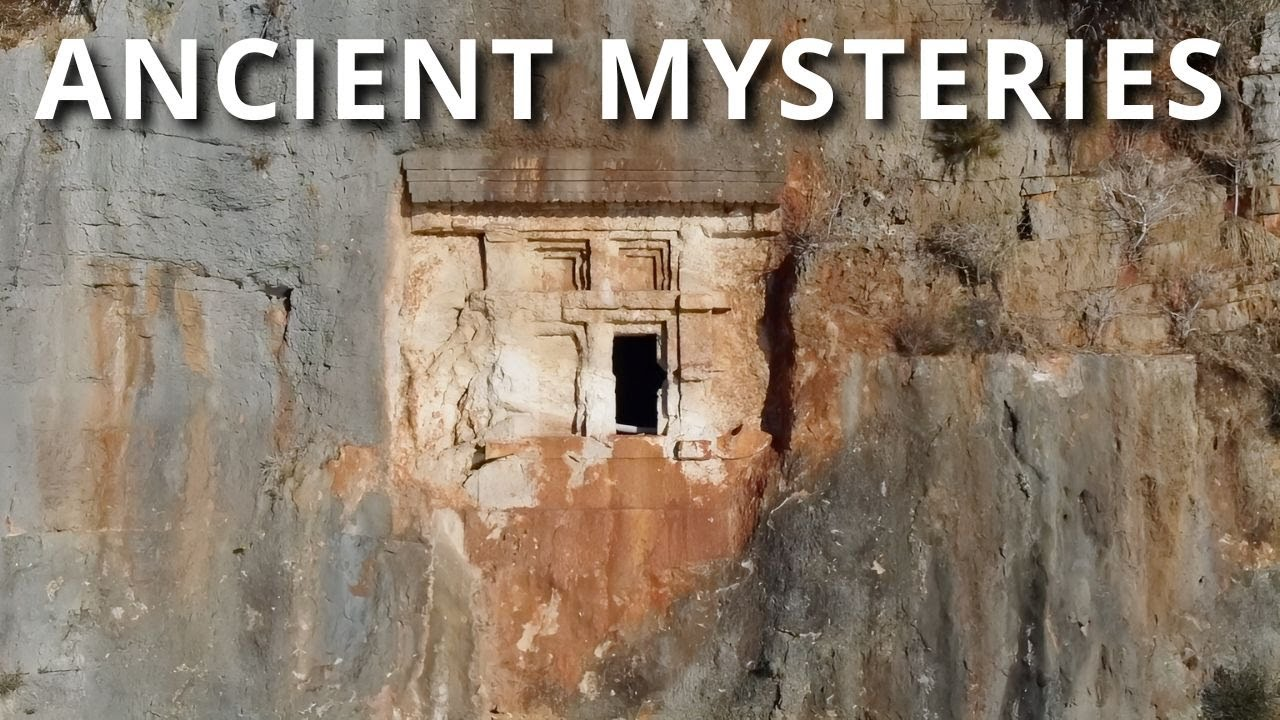The Fermi Paradox asks the question of why, despite billions of years and billions of planets with potential for life, no evidence of alien civilizations has been found in the galaxy. One explanation is the "Rare Earth hypothesis," which suggests that Earth is unique in that its conditions were stable enough for life to evolve into civilization. Another possibility is the "Flower and Die" theory, which suggests that civilizations rise and fall and never overlap due to the sheer timescales involved.
It is also possible that advanced civilizations are present in the solar system but are undetectable due to their technology being beyond our comprehension. The distances between stars may also be too great for signals to be detected, and it is possible that advanced civilizations choose to remain hidden for moral or strategic reasons. Ultimately, the Fermi paradox remains unsolved, and the search for alien life continues.







